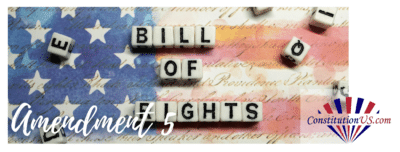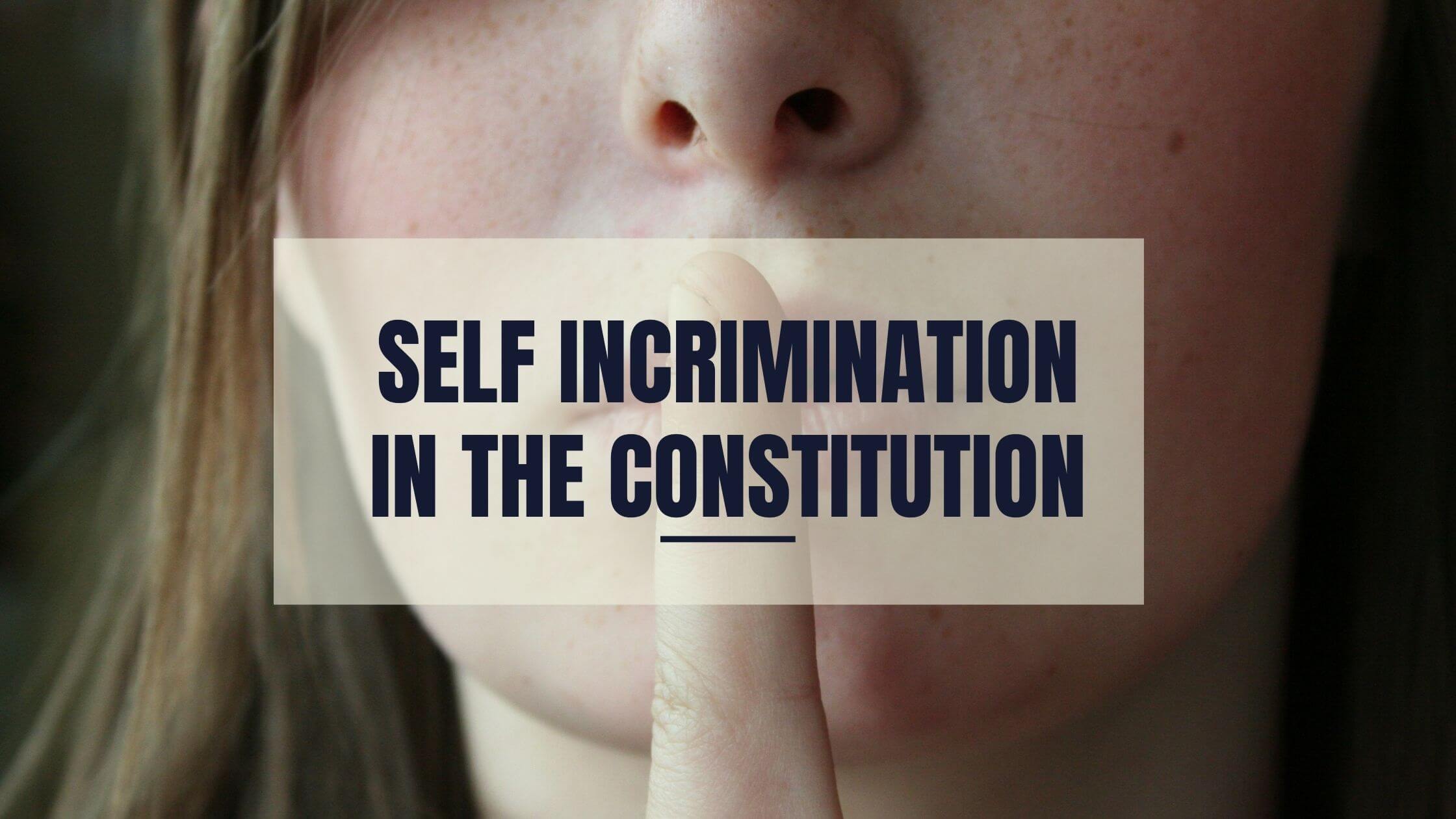Table of Contents
ToggleFreedom of Speech and the Constitution
Freedom of Speech is one of the five freedoms protected by the First Amendment of the United States Bill of Rights. These freedoms include free speech, religious freedom, free press, freedom of assembly, and government petitioning. These freedoms are some of the foundational principles of the United States.
When Was the Bill of Rights Written and Ratified?
The Bill of Rights was not an original part of the United States Constitution when the founding document was written at the first Constitutional Convention of 1787. Nevertheless, the absence of such a list of rights was a source of heated debate.
The Federalists opposed including such a section, while the Anti-Federalists refused to support the Constitution and officially join the Union without formal protections against the formation of an oppressive governing body.
After four years of debate, a Bill of Rights written by James Madison and inspired by Thomas Jefferson was added to the Constitution.
These first ten Amendments protected the people from abuse by the federal government, a situation in which the young country had just escaped by declaring its independence from Britain.
The Bill of Rights was accepted and ratified by three-fourths of the fourteen states in 1791. However, it was not until 1939 that the remaining three states of this original group symbolically ratified the Bill of Rights.
What Does the Freedom of Speech Protect?
As with the other Amendments in the Bill of Rights, freedom of speech protects United States citizens from censorship and suppression by the federal government. The Amendment reads:
U.S. Constitution Amend. I: Congress shall make no law respecting an establishment of religion, or prohibiting the free exercise thereof; or abridging the freedom of speech, or of the press; or the right of the people peaceably to assemble, and to petition the Government for a redress of grievances.
Under this Amendment, the federal government cannot suppress or restrict the free speech of any United States resident. Because of this restriction on the government, residents have the fundamental right to free expression with their personal opinions and protected speech without restriction, as well as:
- Refuse to speak (West Virginia Board of Education v. Barnette) – however, this is not to be confused with the Fifth Amendment, which states that the federal government cannot force a person to speak on information that may be potentially self-incriminating.
- Express their political views on school grounds (Tinker v. Des Moines).
- Use offensive words when speaking on political matters to convey certain messages (Cohen v. California)
- Contribute financially to political campaigns (Buckley v. Valeo).
- Advertise products and services, albeit with restrictions (Virginia Board of Pharmacy v. Virginia Consumer Council).
- Engage in symbolic speech, such as burning the flag (Texas v. Johnson).
What Does the 1st Amendment Freedom of Speech Not Allow?
Freedom of speech does not mean that anybody can say whatever they want without consequence. This limit is known as unprotected speech. Freedom of speech does not give you the right to:
- Incite violence or hate speech (Schenck v. the United States).
- Produce and distribute obscene materials, such as pornography (Roth v. the United States).
- Burn draft cards to protest American involvement in warfare (the United States v. O’Brien), such as the Vietnam War.
- Print articles in a school newspaper despite the objections of school administrators (Hazelwood School District v. Kuhlmeier).
- Make obscene statements at school-sponsored events if you are a student (Bethel School District #43 v. Fraser).
- Advocate for illegal drug usage at school-sponsored events if you are a student (Morse v. Frederick).
This Amendment was originally meant to restrict the federal government only. Because of this, it did not initially apply to state governments or private entities. However, during the 1990s, it was gradually applied to state governments.
Freedom of Speech Applies to Political Matters
Originally, freedom of speech was included as an amendment protection to the United States Constitution to keep the political debate in the young nation largely unrestricted. Therefore, the speech primarily protected by the First Amendment is political debate and other forms of speech related to the government.
This also allows for large amounts of slander, accusations, and outright lies to be spread about political figures, as it is technically protected under the 1st Amendment.
Furthermore, private entities are not obligated to respect freedom of speech. For example, an employer can impose non-disparagement clauses to keep employees from speaking negatively about the company or its products, and non-disclosure agreements are common in modern contract law.

Get Smarter on US News, History, and the Constitution
Join the thousands of fellow patriots who rely on our 5-minute newsletter to stay informed on the key events and trends that shaped our nation's past and continue to shape its present.
Because none of the participating parties are part of or otherwise affiliated with government entities, they are not required to respect an individual’s freedom of speech.
Who Is Protected By the First Amendment?
The Bill of Rights was primarily written to protect U.S. citizens. United States citizens include:
- Those who were born anywhere in the United States or its territories.
- Those who were born in a foreign country but underwent the naturalization process.
- Those born in a foreign country, but at least one of their biological parents is a native U.S. citizen.
- Those born in a foreign country but both biological parents underwent the naturalization process before the person in question turned 18.
Technically, the Bill of Rights is meant to apply to non-citizens and citizens. According to Bridges v. Wixon, even non-citizens who reside in the United States have the right to freedom of speech.
However, this does not include temporary student, work, or tourist visas. It also doesn’t include those living in the United States illegally.
Undocumented Immigrants
Even though political speech is the most important type of protected speech, the political speech of undocumented immigrants leaves them susceptible to punishment that would otherwise be unacceptable for U.S. citizens.
For example, according to Turner v. Williams, undocumented immigrants could be singled out and deported due to their political activities.
Free speech continues to be a tricky subject for non-citizens who are also residents of the United States.
There is yet to be a concrete decision made by the United States Supreme Court that states that free speech also applies to undocumented immigrants. This means there is an inherent risk for immigrants who openly express their political opinions.










2 Responses
Small community board would not allow public to speak June 2020 in open meeting then for the following year in closed phone meetings no one was allowed to address them verbally only in righting that never were answered. Is this not a direct violation of the public’s right to free speech?
Yes that sounds about right. Just so people know, if you are anti war and speak out against war, it is hate speech and you will be labeled a terrorist.